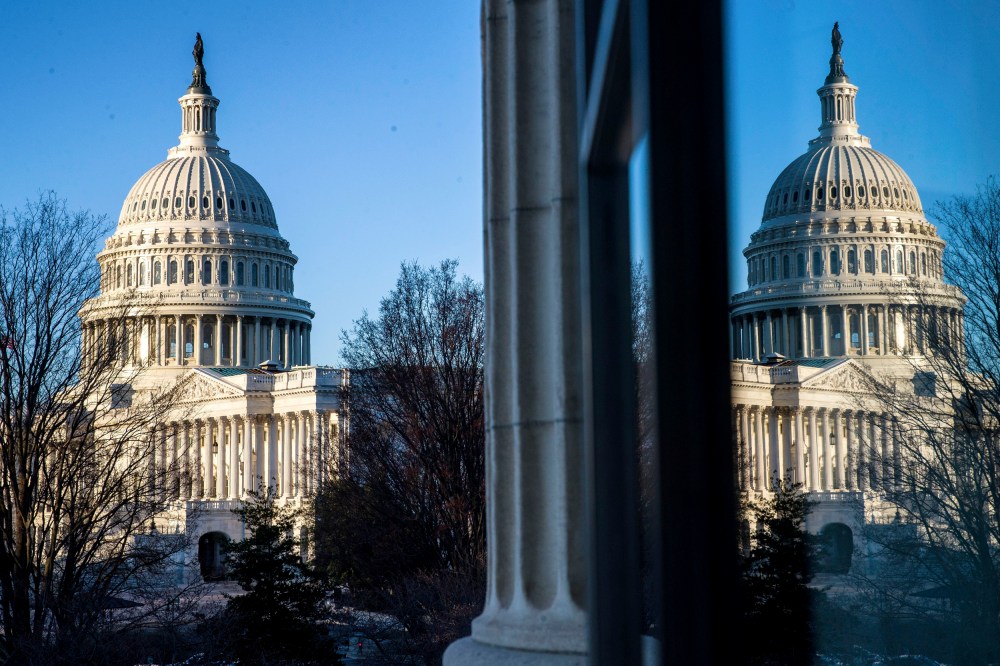Even before President Joe Biden’s inauguration last month, Democratic leaders realized that another COVID relief package would be necessary to provide Americans with one last lifeline during the pandemic. The “American Rescue Plan” took shape soon after.
Many of the core elements of the proposal took shape with relative ease: the ambitious plan includes direct-aid checks, money for vaccine distribution, enhanced unemployment benefits, aid for state and local governments, a generous child tax credit, and an eviction ban. But Democrats also saw an opportunity to use the legislation to advance a larger goal: an increase to the federal minimum wage to $15 per hour.
Last night, that part of the plan was derailed.
A ruling in the Senate on Thursday dealt a severe blow to Democrats’ hopes of raising the minimum wage in the Covid-19 relief package, probably dooming the proposal in the legislation that is headed for a vote in Congress. The parliamentarian, the in-house referee, ruled that the provision was not compliant with rules governing the budget process that Congress is using to pass the bill with simple majorities.
The obvious setback only affects one part of the overall relief package, the rest of which remains intact. In fact, the Democratic-led House is still expecting to pass the bill, probably later today, despite the Senate parliamentarian’s ruling on the minimum-wage provision.
Before looking ahead, it’s worth pausing to reflect on the circumstances. A majority of the House, a majority of the Senate, a majority of the public, and the White House all want to increase the minimum wage. But because of obstinacy from Republicans — the party that lost in the most recent round of elections — the Democratic majority was forced to consider a tortured alternative to the normal process.
And so, Democrats turned to an obscure legislative tactic, which required the approval of an obscure and unelected legislative official, who oversaw a closed-door review of obscure legislative rules, and who issued a ruling — which can’t be appealed — that will prevent a popular idea from being approved by majority rule.
Is anyone seriously prepared to defend such a process? If legal scholars and political scientists were crafting an effective legislative process, worthy of a great democracy, would they deliberately create a monstrosity like this one?
I appreciate the fact that the Senate parliamentarian issued a ruling she believes was correct on the merits. Though it’s a debatable conclusion, she was asked to conduct an analysis based on existing rules, and the parliamentarian made a judgment call. But the fact that such an important decision, affecting the lives of millions, was in her hands in the first place is emblematic of a deeply flawed process in need of systemic reform.
Nevertheless, at least for now, proponents of a minimum-wage increase are left to wonder how best to reach their goal.














